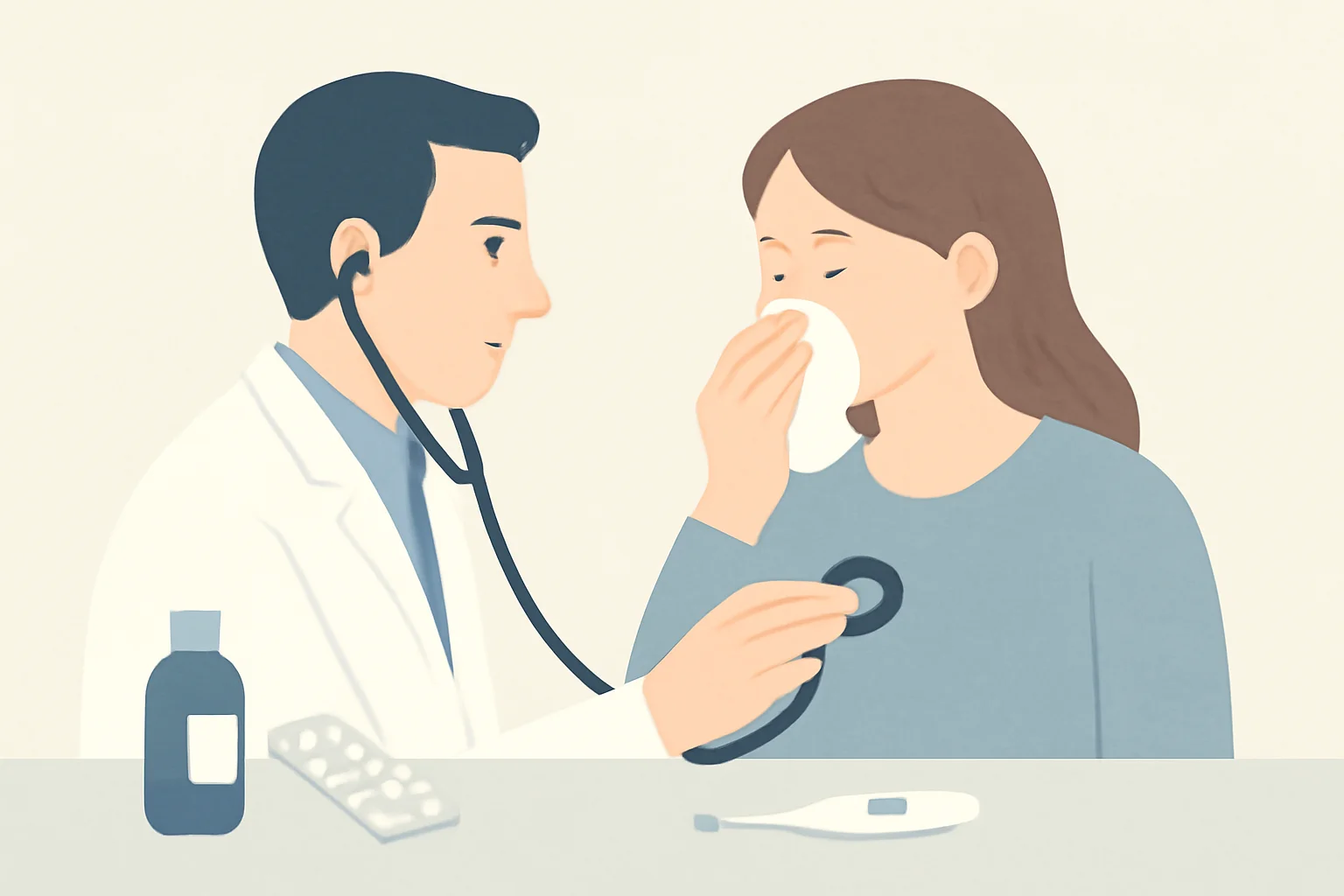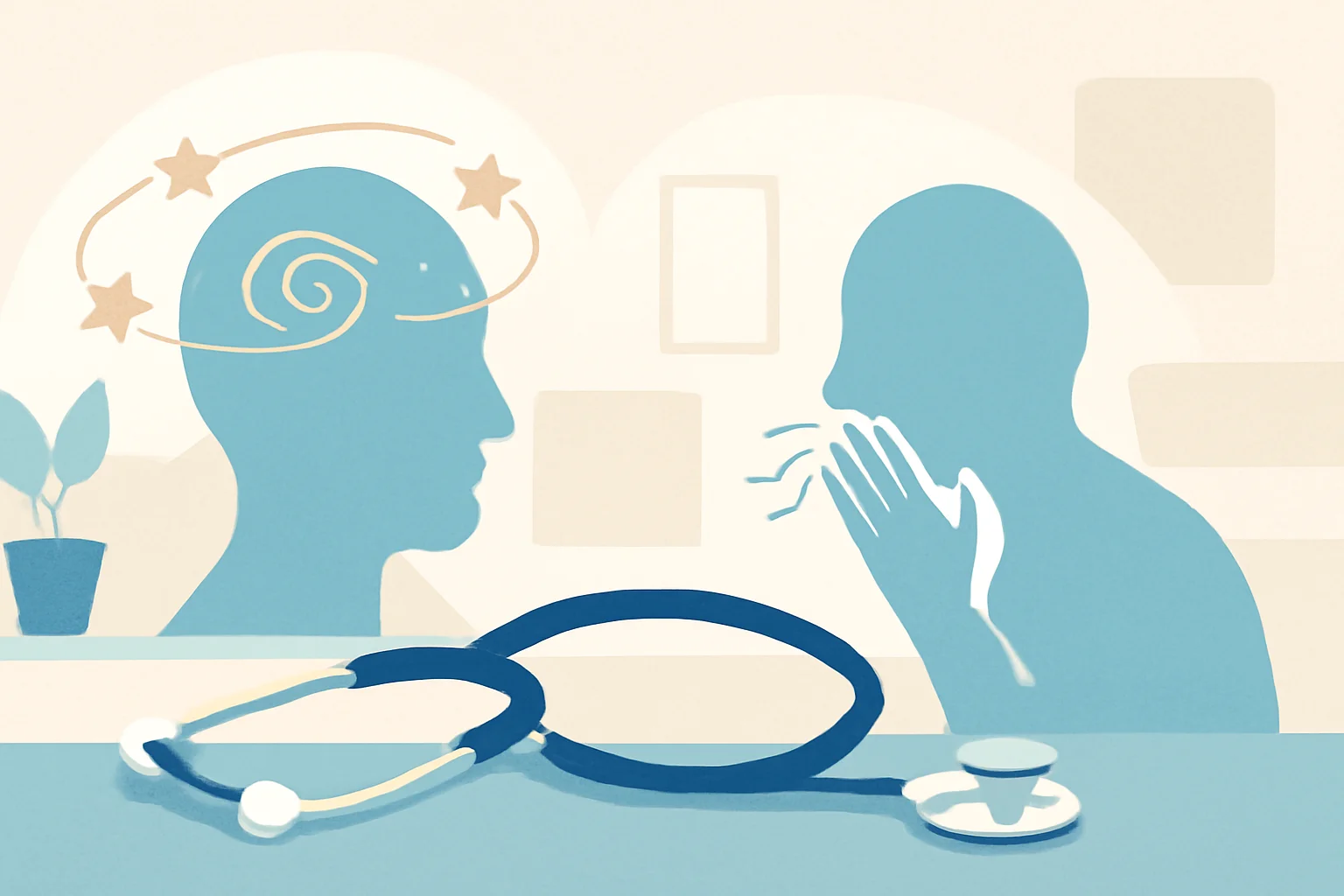-
Flu or Cold? Recognize the Differences and Symptoms!
With the arrival of the cold months, many people experience the characteristic symptoms of colds and influenza. These illnesses are often confused with each other, as their symptoms show many similarities. A cold is a viral infection that primarily affects the respiratory system and usually has a mild course, while influenza is a more serious viral infection that can cause more severe symptoms. Making the correct diagnosis is crucial not only for the affected individual but also for the health of the community, as influenza can spread easily and lead to serious complications. It is important to be aware of the differences between the two diseases, as while a cold…
-
Causes and Treatment Options for Fatigue and Weakness
The modern lifestyle often puts a strain on our bodies and minds, leading to feelings of exhaustion and weakness. These conditions are familiar to many, and while they may seem similar, they can actually stem from different causes and consequences. Exhaustion is typically a result of physical or mental activity, while weakness often indicates a lack of energy in the body or other health issues. Due to societal expectations and constant performance pressure, many people ignore the signals from their bodies, which can lead to more serious problems in the long run. People often tend to confuse exhaustion with weakness, yet the two require different approaches. Exhaustion is usually temporary…
-
Effective Solutions for Sinusitis and Nasal Congestion
The conditions of sinusitis and nasal congestion are two often confused states that affect many people’s lives. They fall under the category of respiratory illnesses and are often consequences of colds or allergic reactions. Symptoms of nasal congestion, such as difficulty breathing, headaches, or a feeling of pressure in the ears, can be everyday problems. Sinusitis, on the other hand, typically involves inflammation of the sinuses, which can also cause significant discomfort. Understanding the differences between the two conditions is important, as they require different treatment approaches. While nasal congestion is often temporary and easier to manage, sinusitis can lead to longer-term issues and may require medical intervention. To understand…
-
Dizziness and Nausea: Causes, Symptoms, and Treatment Options
The symptoms of dizziness and nausea can significantly impact many people’s lives. These physical sensations are not only unpleasant but can also be attributed to various causes, often indicating underlying issues. Dizziness can be temporary, such as a result of a sudden movement, but it can also be chronic, returning regularly. Nausea can arise from many different factors, such as dietary habits, stress, or even illness. Dizziness and nausea can be intertwined and often occur together. People frequently struggle to determine which symptom is dominant, making it difficult to seek appropriate treatment or solutions. Understanding the underlying causes of these symptoms can help in taking the right steps, whether it…
-
Fever or Elevated Temperature? What to Know and Do About the Symptoms
A fever and elevated temperature are the body’s natural responses to various pathogens and illnesses. These symptoms indicate that the body’s defense mechanisms are active and working to combat infections. An increase in temperature often signals inflammatory processes during which the immune system fights against pathogens. People often confuse fever with elevated temperature, but there are significant differences between the two that are worth knowing. Fever generally refers to a body temperature above 38 °C, while elevated temperature falls within the range of 37.5 °C to 38 °C. Understanding these differences can help us better comprehend what is happening in our bodies and when medical intervention is necessary. Fever and…
-
Causes and Treatment Options for Shortness of Breath in Everyday Life
The feeling of shortness of breath and choking are conditions that can cause serious concern. These symptoms often appear suddenly, and in many cases, understanding the underlying causes can be crucial for appropriate treatment. Breathing is one of the most essential functions of life, allowing us to take in oxygen and expel carbon dioxide from the body. When this process is obstructed for any reason, it can have serious consequences. The sensation of shortness of breath is often a clear sign that something is wrong with the respiratory system, but the experience of choking can be much more dramatic and frightening. These symptoms can arise from various causes, including physical,…





